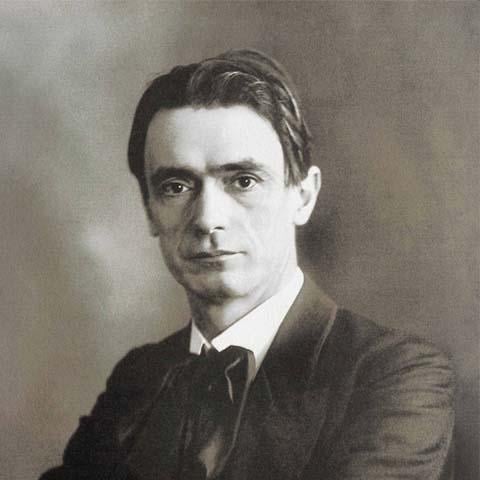The Presence of the Dead
GA 154
Synopsis
1. Understanding the Spiritual World I
Berlin, April 18, 1914
The nature of dreaming. Hallucination. Etheric substance and increased strength of soul. The esoteric script. Ordinary and super-sensible thinking. The ancient founders of the religions and modern spiritual science of the spirit. The nature of Christ. More about dreaming. The nature of the astral body. The image of the I as the focus of experiences in the spiritual world. Atavistic clairvoyance and healthy judgment. Clear thinking as the precondition for spiritual science.
2. Understanding the Spiritual World II
Berlin, May 12, 1914
Johann Gottlieb Fichte's relationship to the spiritual world and to his human environment. The distinction between physical and spiritual perception. The destiny of a friend (Maria von Strauch-Spettini) and her elevation to guardian spirit of the Mystery Dramas. The deceased friend and poet (Christian Morgenstern) and his nature in the life after death. The depiction of the Dornach building in the press. The formation of judgment on the basis of spiritual science.
3. Awakening Spiritual Thoughts
Basel, May 5, 1914
About sleep. The contrast between blood and nervous system and the rest of the organism in sleep. Germs and ghosts. The nature of germs. Spiritual thoughts as food for the dead. Overcoming egotism with regard to the dead. About the death of a friend (Christian Morgenstern): The founders of the religions and their significance. Modern mankind comes of age. The deed of Christ. The nature of the physical world. The premise underlying the Dornach building. Developing the thinking processes as the task of our times. The expulsion of a member and the reasons for this action.
4. The Presence of the Dead in Our Life
Paris, May 25, 1914
Clairvoyant consciousness and dreaming. The difference between the form and the action of the deceased. Acquiring new concepts to understand the spiritual world. A deceased individual (Maria von Strauch-Spettini) as protector of the Mystery Drama performances. Joan of Arc. Experiencing the angels (mildness) and the archangels (strength). The character of a friend and poet (Christian Morgenstern) after death. The experience of the spiritual world. Angels, archangels, Lucifer and Ahriman. The transformation of experiences in the physical and the spiritual world. The enrichment of thinking. The Dornach building. The essence of the anthroposophical movement. The inauguration of the building.
5. The Blessing of the Dead
Paris, May 26, 1914
Spiritual science as “spiritual chemistry.” Concentration and meditation. Perception of the inner word. Illusion and self-knowledge. The nature of encounters with the deceased. Inspiration of Rudolf Steiner's feeling and will through a deceased friend (Oda Waller). Thinking becomes independent. The enhancement of logical thinking through clairvoyant knowledge. The concordance between intelligence and clairvoyance. The spatial and temporal firmament. Giordano Bruno and spiritual science break through these firmaments. The limits of knowledge and their refutation. Spiritual science as synthesis of science, intellect, and clairvoyant research.
Appendix
A1. Faith and Knowledge
Notes from a lecture, Prague, April 17, 1914
The great founders of the religions and their task. Thinking that consumes and thinking that nourishes. The “I believe” of earlier times and the “I believe what I know” of today. Max Müller's statement about the divine proclamation. Human beings as illuminating beings after death. The significance of myths and fairy tales in life. Meeting with two priests. The process of seeing. Dead and living ideas. The saying “a healthy soul in a healthy body.” The notion that our senses perceive only oscillations and vibrations. Midsummer and Easter.
A2. Robert Hammerling: Poet and Thinker
Berlin, April 26, 1914





